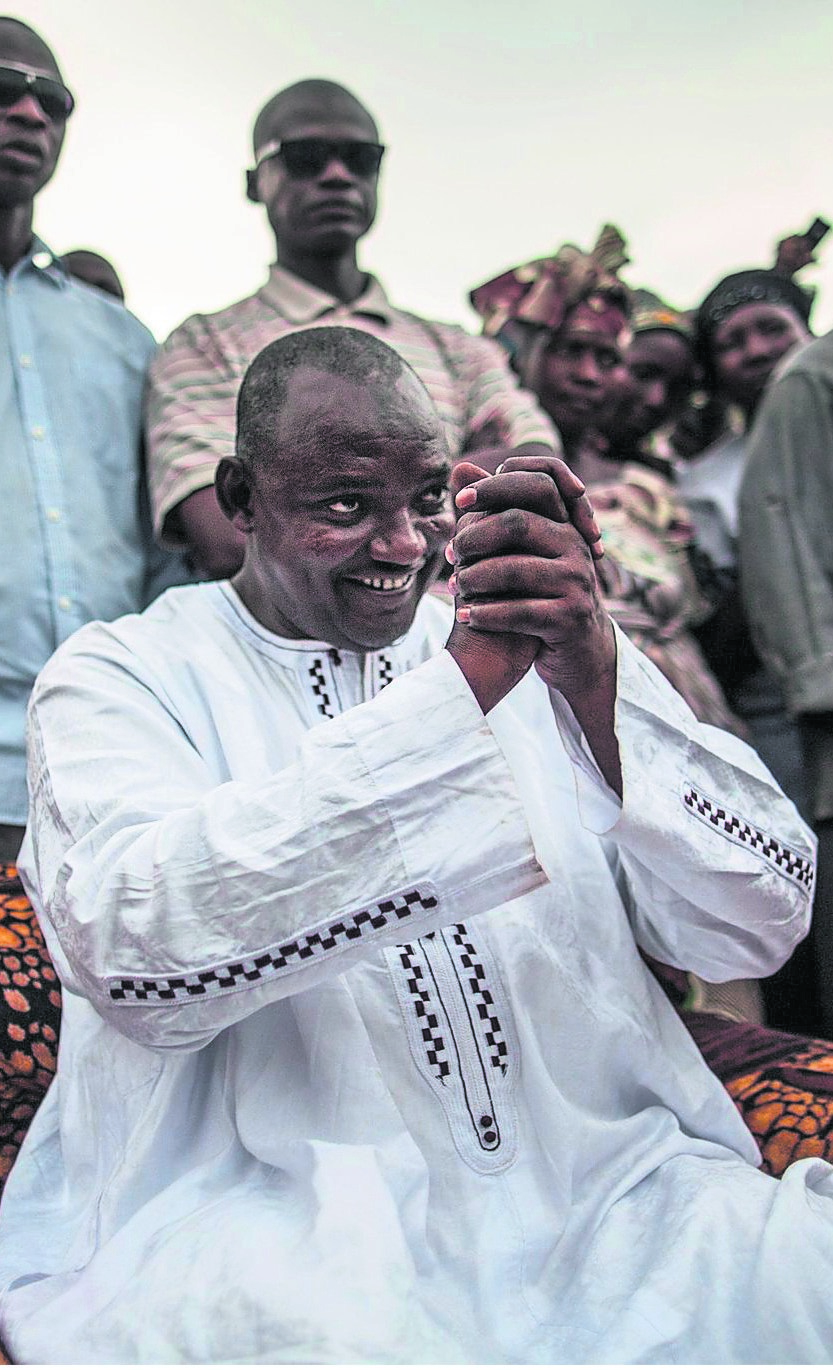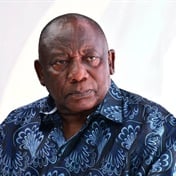
A sense of liberation is being felt by the majority of Gambians across the country after the voters used the December 1 presidential poll to end the self-perpetuating dictatorial regime of Yahya Jammeh.
Tens of thousands of people flocked the streets in the urban and peri-urban areas in a jubilant mood celebrating the electoral defeat of Jammeh by Adama Barrow, the independent candidate supported by a coalition of opposition parties.
Barrow, a property company owner, was declared the winner a day after voters cast ballots in an upset victory that astonished observers.
They welcomed the departure of Jammeh, who has been in power for the past 22 years. He was the longest-serving head of state in the West African region.
Jammeh’s regime was characterised by a deficit in democratic good governance, rule of law, repressive media laws, lack of freedom of expression, unlawful arrests and detentions.
“I am so happy that Gambians at long last have decided to remove him from power. Now there will be no more unlawful arrests and disappearances of people. We are free at last,” said Assan Jobe, a middle-aged man who joined the jubilant throngs in the streets of Banjul, the Gambian capital.
Jammeh’s regime was also blamed for driving many young Gambians out of the country, often migrating through the Mediterranean Sea into Europe, called the “back way”, in search of better economic opportunities.
According to a report by a delegation of EU Parliamentarians visiting Gambia in August, Gambian nationals proportionately constitute the largest group in the whole of Africa that emigrates to Europe using this perilous route.
“Our children will no longer die in the ‘back way’, embarking on these journeys in order to get their parents and families out of poverty. Jammeh preferred to waste money on useless celebrations, instead of creating jobs for our children,” said Mariama Sanneh, a middle-aged mother of four boys and a girl.
The outgoing president surprised many people by conceded defeat before the final results of the elections were announced by the chairman of the electoral commission.
Jammeh raised concerns and many feared there would be violence, with whoever wanting to replace him having to seize power through a military coup, as he did when he took power.
He seized power in a coup in 1994 and became known for his eccentric behaviour that included claiming to be able to cure Aids with herbs, prayer and a banana.
He was denounced by human rights groups for threatening to behead gay people, ordering so-called sorcerers to be hunted and killed, and arresting and prosecuting journalists and supporters of the opposition.
Many people had thought that he would not accept defeat and some had predicted he would manipulate the results, given the general mistrust of the system that they believed was under his grip.
Also of serious concern was the fact that on election day, communication networks including internet were shut by his regime.
In a concession speech broadcast on state television on Friday night, Jammeh, one of Africa’s most eccentric leaders, calmly accepted his loss.
“I told you, Gambians, that I would not question the outcome of the results and would accept it,” he said. “I did not wish to contest or find out why they did not vote for me. I leave that with God.”
Jammeh’s whereabouts on Friday was unknown and speculation was rampant that he had fled the country.
In past months, Jammeh’s administration had come under increasing scrutiny by Western leaders over the suppression of human rights.
The EU threatened to impose sanctions on the government, and the US issued statements highly critical of Jammeh’s crackdowns on opponents.
Organisations such as Amnesty International released stinging reports on his methods.
Meanwhile, Barrow, the president-elect of Gambia, has promised to serve a three-year term instead of the five years outlined by the Constitution.
He said this was to bring about the necessary political and electoral reforms for a genuine multiparty system and to address the concerns about democracy, good governance, rule of law and poverty, among other priority areas.




 Publications
Publications
 Partners
Partners








